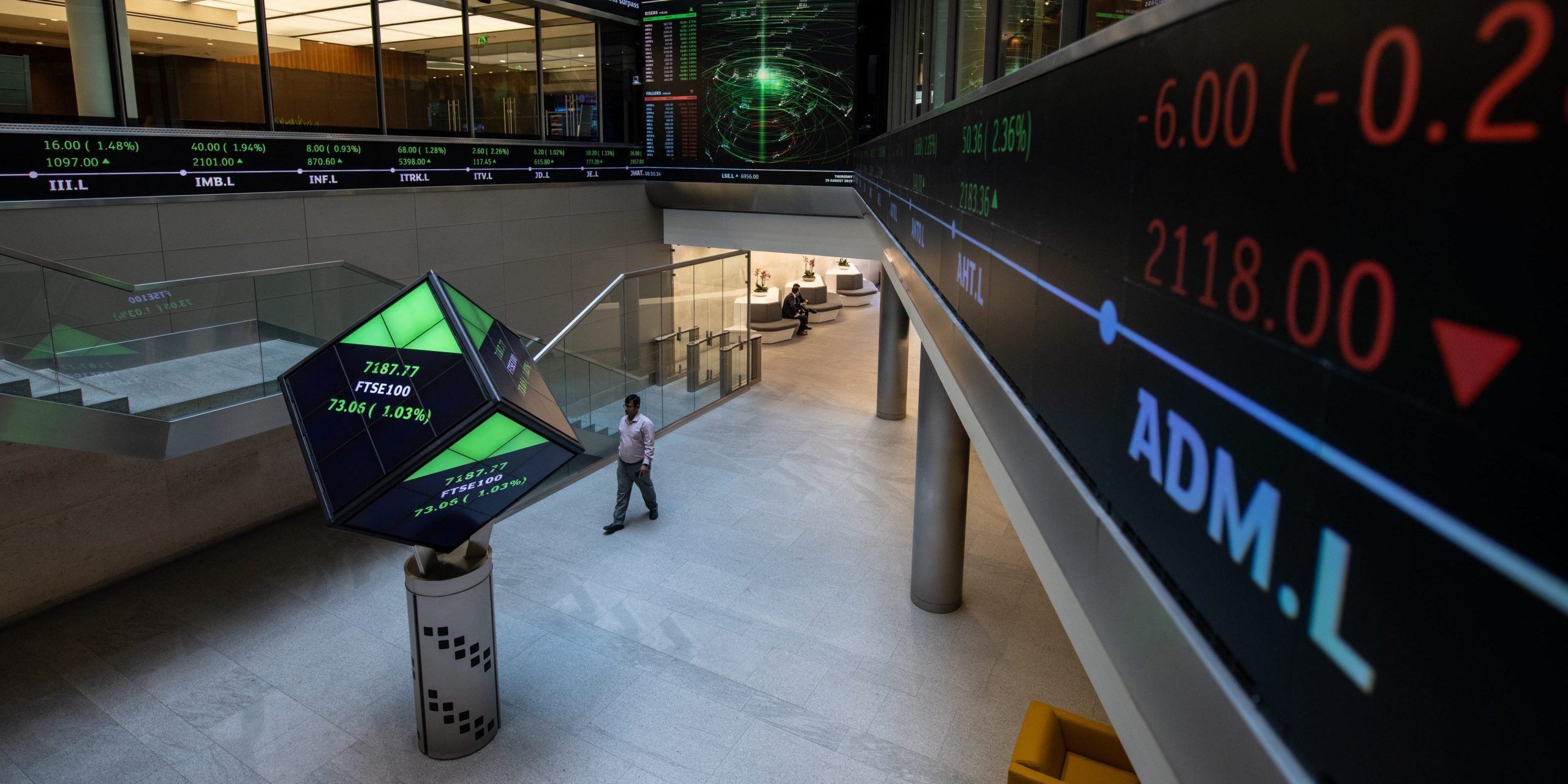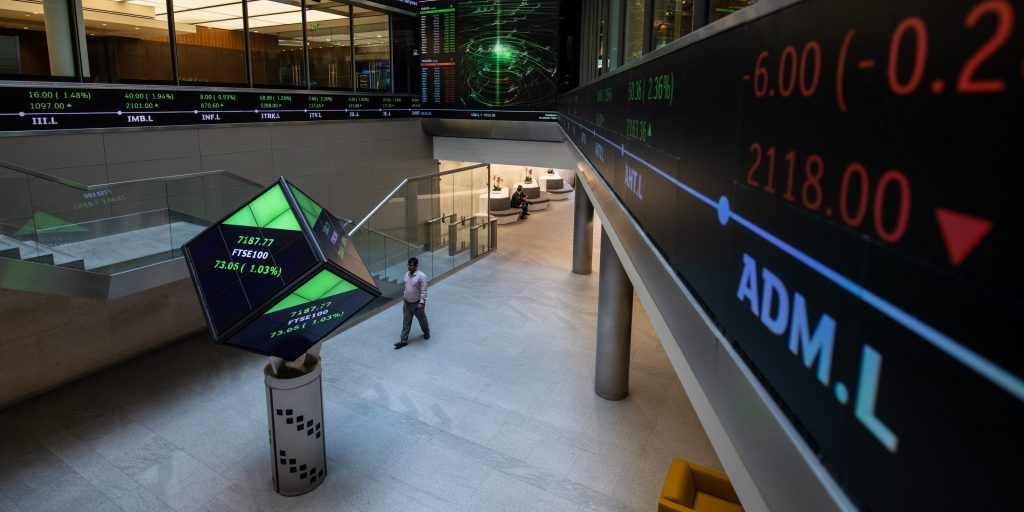–

Chris J Ratcliffe/Getty Images
- The UK is easing SPAC rules in an attempt to make London a more attractive destination for blank-check firms.
- The move comes as regulators in other countries have tightened rules around SPACs.
- The revisions to the UK rules come into effect on August 10.
- Sign up here for our daily newsletter, 10 Things Before the Opening Bell.
The UK is easing regulation of blank-check companies in an attempt to make London a more attractive financial hub for blank-check firms, at a time when other global regulators are increasing oversight.
The FCA announced a revision to the current rules in 47-page policy statement. They come into effect on August 10 and include an update to rules around trading that suspended the shares once an acquisition was announced.
Previous UK regulation required trading in shares of SPACs to be halted once they publicly identified their target companies. The UK regulator maintained this was meant to protect investors and ensure the smooth operation of the market.
"The proposed changes were designed to remove a barrier to listing by providing an alternative approach for SPACs that must otherwise provide detailed information about a proposed target to the market to avoid being suspended," the FCA said.
The regulator also cut the amount that blank check firms need to raise during the initial listing to be exempted from this provision from at least $275.66 million (£200 million) to at about $138 million (£ 100 million).
"The final rules aim to provide more flexibility to larger SPACs, provided they embed certain features that promote investor protection and the smooth operation of our markets," the FCA said.
Other amendments include giving SPACs an extra half year to complete reverse takeovers "where a transaction is well advanced." SPACs traditionally must return investors' money if they do not complete an acquisition within two years.
Meanwhile, in the US, regulators have clamped down on SPACs amid a frenzy of deal activity.
The US Securities and Exchange Commission is looking into conflicts of interest at major banks involved the SPAC deal-making process, Reuters first reported.
The SEC in particular is looking into instances wherein the banks acted both as the underwriters and the advisers on the same SPAC deal and whether fee structures may have incentivized underwriters to secure unsuitable mergers.
In 2020, a total of 248 SPACs raised $83.3 billion according to SPAC Analytics. Just over halfway through 2021, data already shows 381 SPACs that have raised $114 billion, comprising 53% of initial public offerings.

